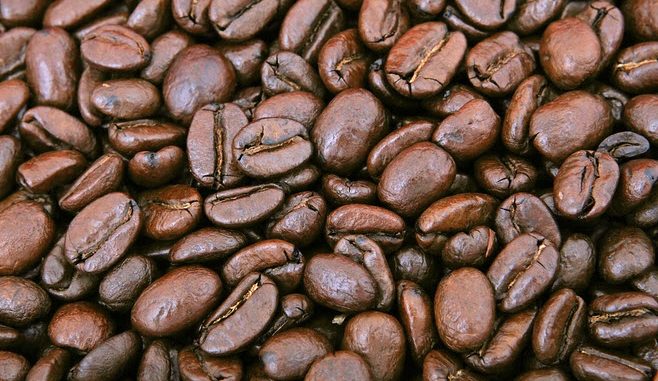
UK based start-up Biobean is gathering waste from coffee chains such as Costa and converting into liquid fuel. Entrepreneur Arthur Kay now says he wants London’s iconic red buses to run on Biobean fuel – and the company is due to unveil a coffee-run bus in London in just a few weeks to show proof of concept.
London is one of the places in the UK with the worst air pollution, due to a combination of extensive motor traffic and densely gathered tall buildings that makes it difficult for the exhaust fumes to disperse.
“We are going through a period of energy divergence where we are moving from a fossil-fuel based society to one that is increasingly diversified. Bio-fuel will be crucial to that,” says Biboean’s Arthur Kay. “As long as people are still drinking coffee, there will be coffee waste In the UK, people consume 500,000 tonnes of coffee each year, and if we could use all of it we could power a city such as Manchester.”
Sustainability
A vast chunk of the biofuel produced world wide today is extracted out of sugar cane especially grown for the biofuel industry. This practise is far from non-controversial, since it takes up arable land.
“There have been concerns about certain bio-fuels, such as ethanol which is generated from corn or rape-seed because they are also edible and so there is a conflict with using the crops for food,” says Dr Cecilia Mondelli, a lecturer for the Advanced Catalysis Engineering group at ETH Zurich.
Using a waste product like coffee grounds would make biofuel more sustainable. Also, sugar cane is typically grown in monocultures while coffee – especially the coffee produced in Latin America – can be grown in diverse coffee forests that support biodiversity and prevent soil erosion.
Of course, sourcing the biomass isn’t the only problem – sustainable biofuel most also be produced in an environmentally sound way.
“Even if you use a waste, this does not ensure that its conversion process has a mild ecologic impact. One needs to take into account other aspects, mainly the energy and chemical auxiliaries required and the waste produced, to estimate the sustainability of the process in a meaningful manner, Dr Mondelli explains.
A patented process
Biofuel can be made out of a wide range of biomass, from slaughter house garbage to algae, but Biobean is focusing exclusively on coffee waste, using a patented method by which oil is extracted from coffee grounds. The grounds are evaporated through hexane extraction.
When the oil has been extracted, the remains are turned into biomass pellets that can be used as fuel in wood burners.
